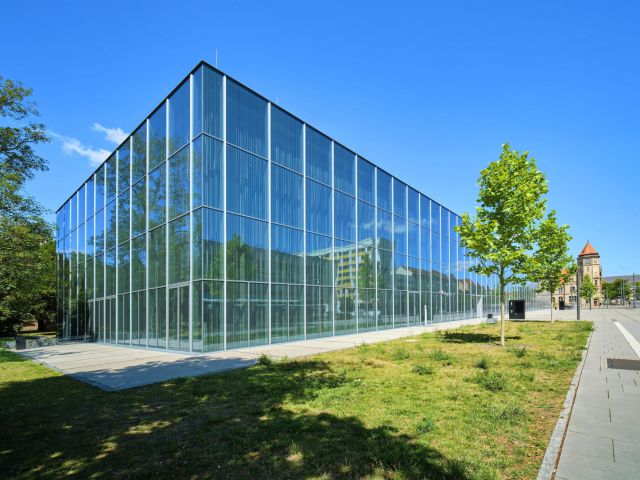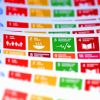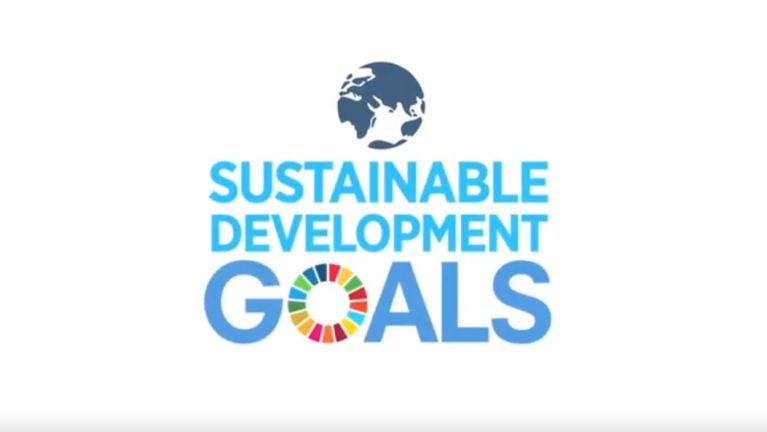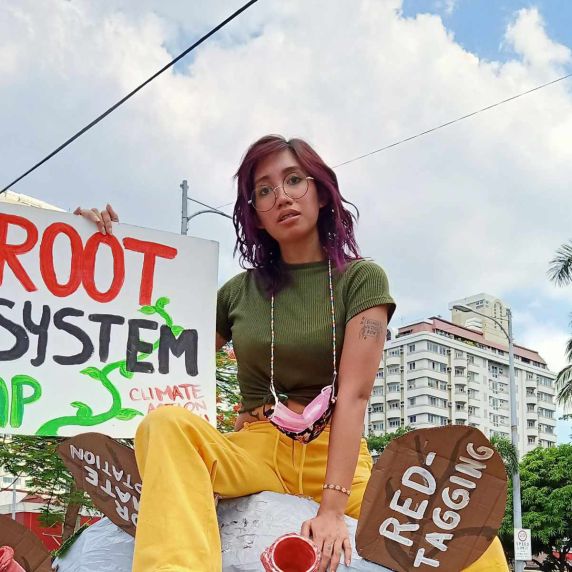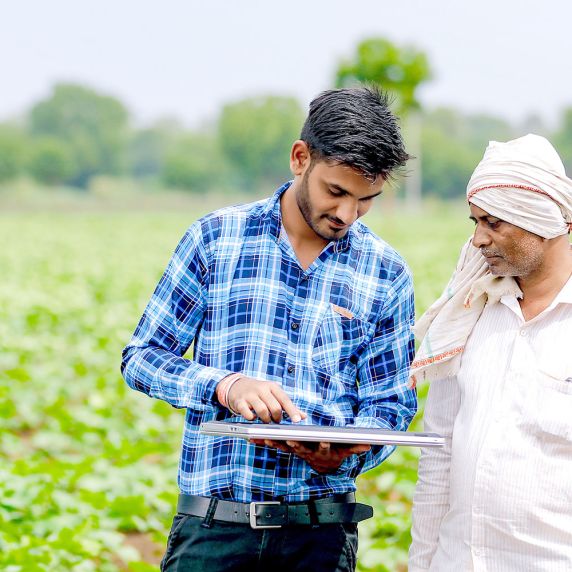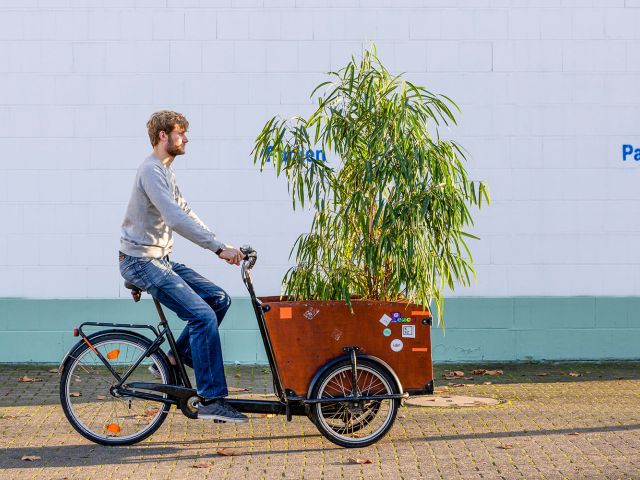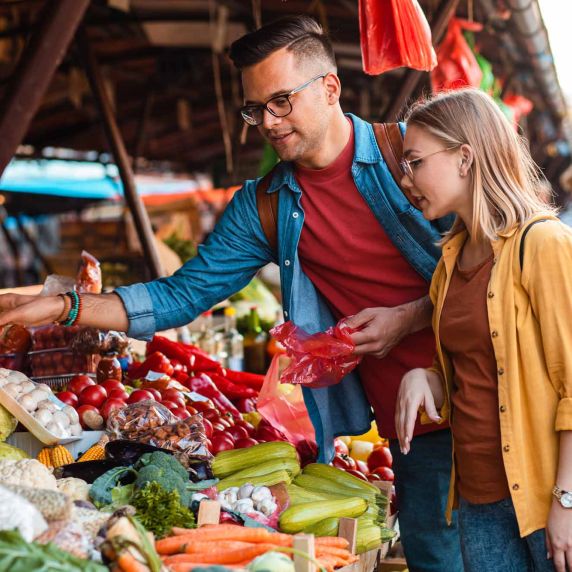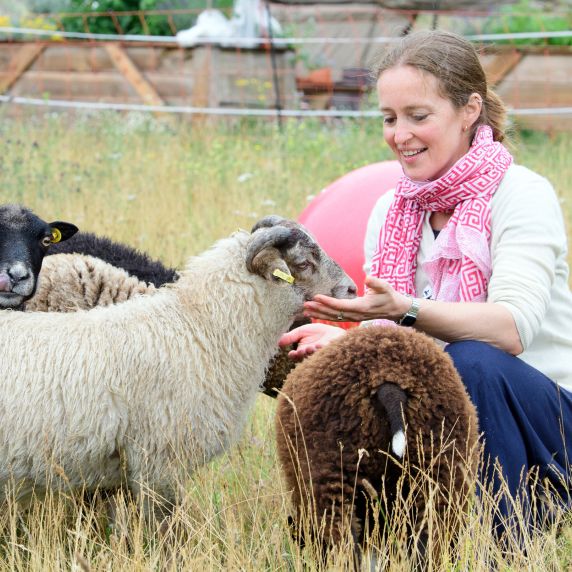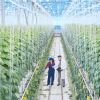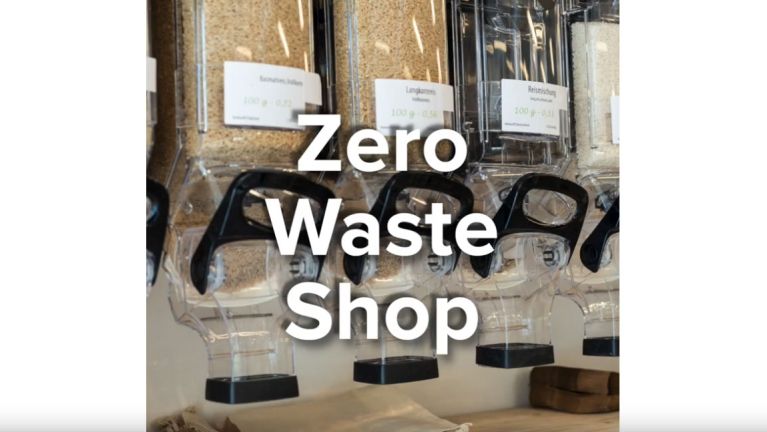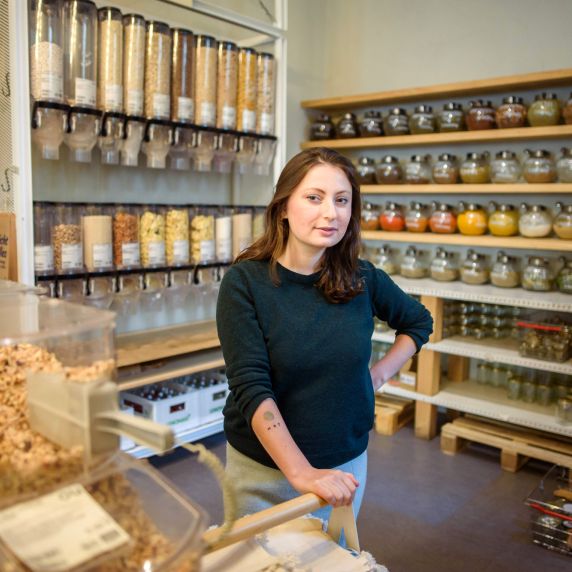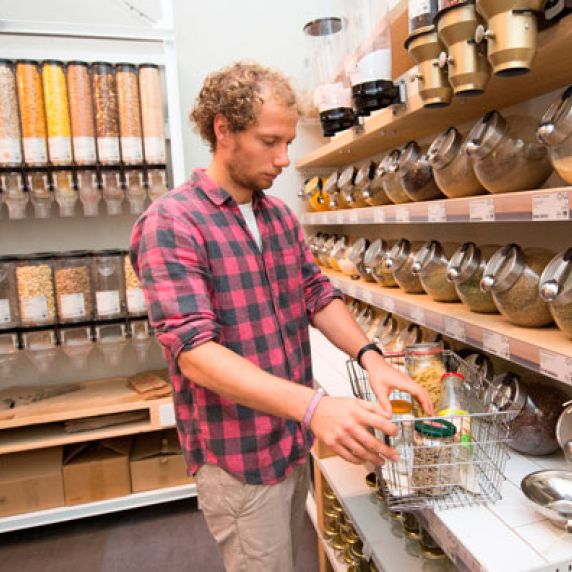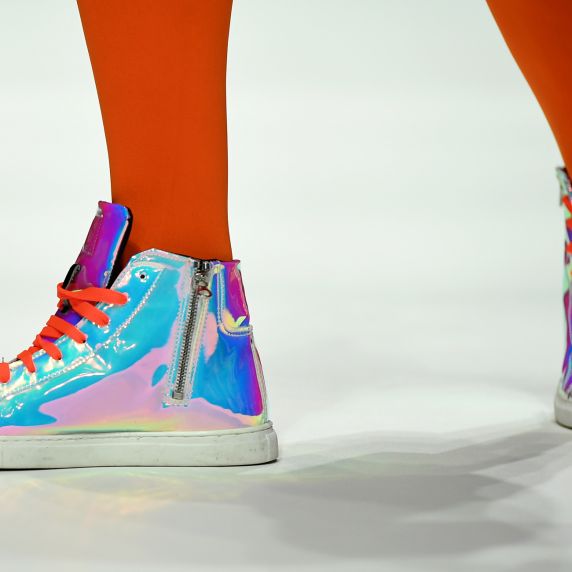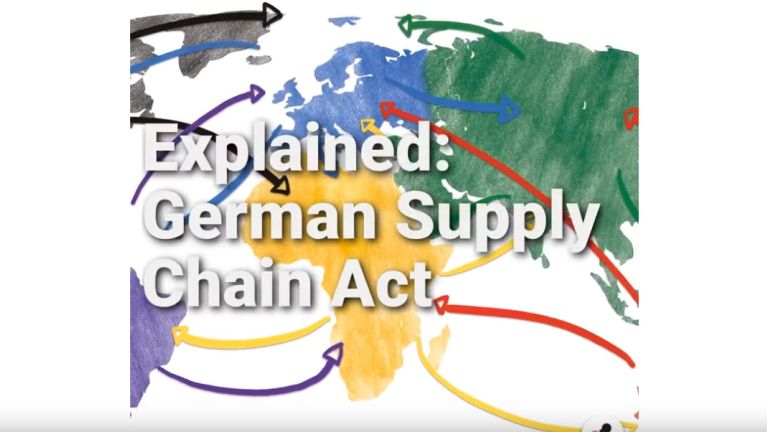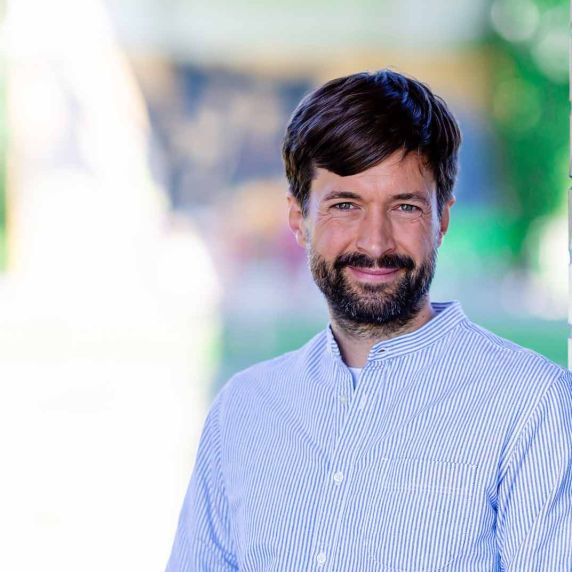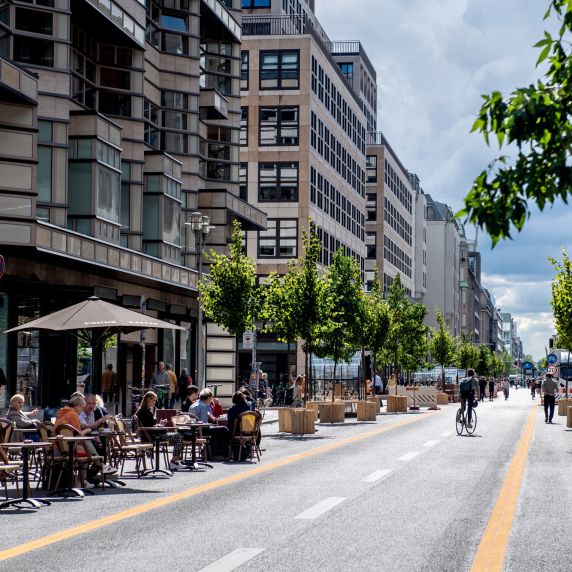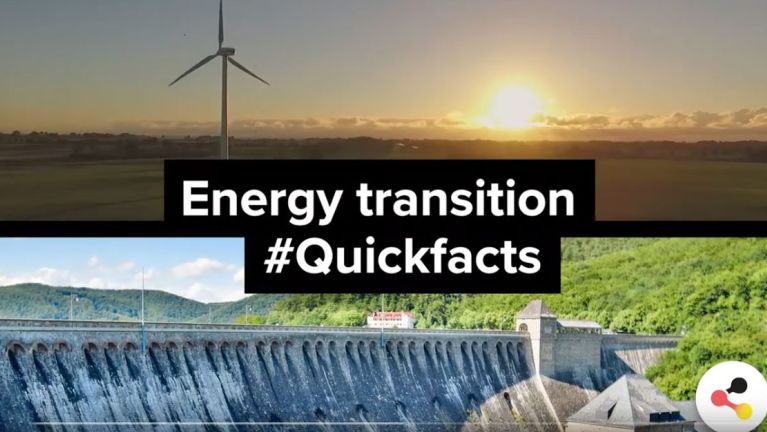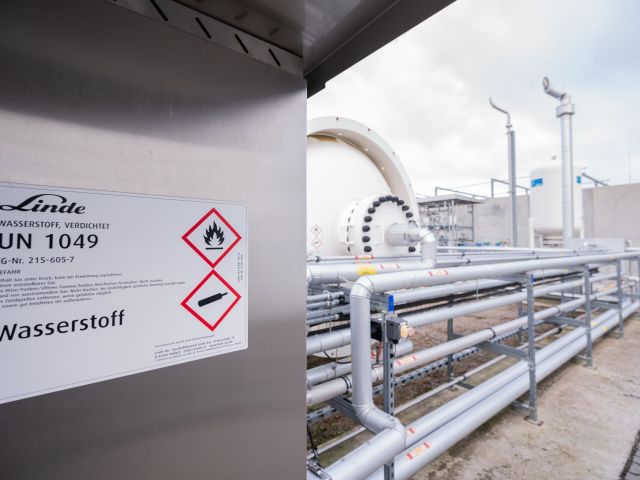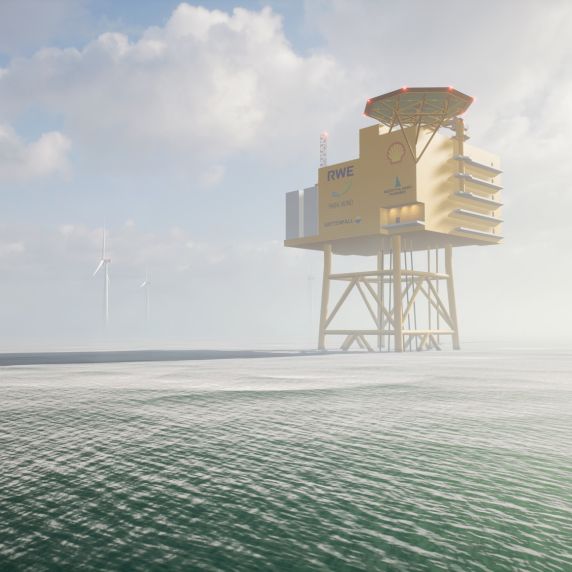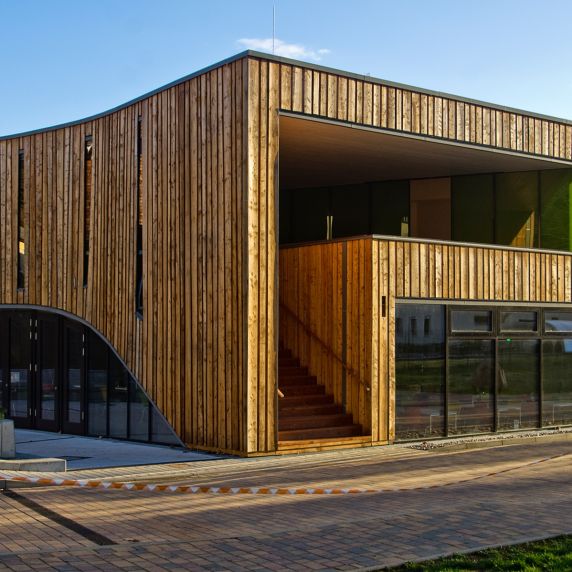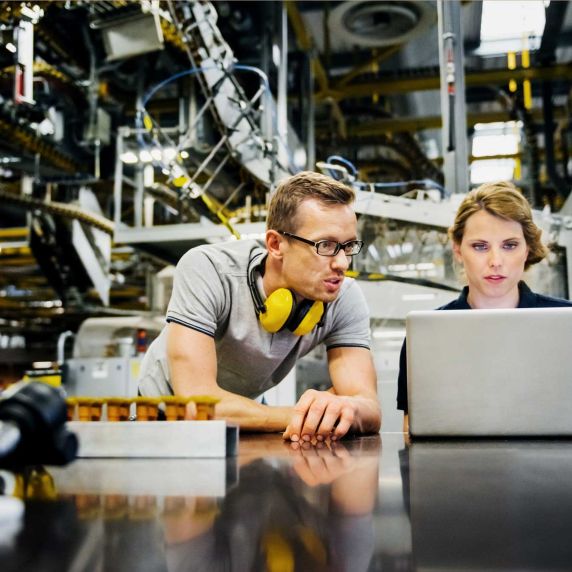
Sustainable development in Germany
Sustainability in Germany
Germany’s sustainable development goals
Shaping the future with imagination, creativity and innovations, daring to try new things and blazing new trails: this is how we will jointly achieve the United Nations 17 global goals in the 2030 Agenda. Germany’s sustainable development goals, which were first adopted in 2002, are also aligned with them. Ever since, they have been continuously updated and expanded. In implementing this strategy, Germany wants to promote economic development that is socially viable and ecological – and of course to do so beyond its own national borders, too. After all, we can only achieve a sustainable future by working together. Find out more about sustainability in Germany here.
Dieses YouTube-Video kann in einem neuen Tab abgespielt werden
YouTube öffnenThird party content
We use YouTube to embed content that may collect data about your activity. Please review the details and accept the service to see this content.
Open consent formInternational engagement
Committed to sustainability
In its efforts to achieve greater sustainability, Germany is promoting not only national strategies . It is also committed to sustainable policy internationally – for example in Colombia and Ukraine. German companies play an important role when it comes to implementing the sustainable development principles, doing their best to increase transparency in the production, working and environmental conditions of suppliers and subcontractors.
Tips and tricks
Sustainable living in Germany
Would you like to live more sustainably but don’t know exactly where to start? Let us show you what form sustainable living takes in Germany. We also provide you with some tips for how to make your daily life more eco-friendly.
Economic sustainability
Revolutionising consumption
One of the most important factors when it comes to shaping a sustainable future is to establish an ecological and fair market economy. But how does the economic system need to change in order to ensure sustainable production? By embarking on the energy transition and expanding renewable energies, Germany has already taken the first steps towards reducing greenhouse gas emissions[BK1] . We show you some innovative ideas that will help us shift towards a sustainable economy.
Zero waste shopping
A life without plastic
Around 400 million tons of plastic are produced worldwide each year . More than a third of this total is packaging – with between 307 and 925 million larger items of plastic waste ending up in the seas each year. This is why zero waste shopping is also becoming increasingly popular in Germany. Let us take you to a packaging free shop and show you how a life without waste can look.
Dieses YouTube-Video kann in einem neuen Tab abgespielt werden
YouTube öffnenThird party content
We use YouTube to embed content that may collect data about your activity. Please review the details and accept the service to see this content.
Open consent formSustainable fashion
Fair, ecological, modern
Be it dresses made of milk, compostable t-shirts or jewellery made from fish skin: the German fashion industry is pretty much unbeatable when it comes to the creative development of sustainable products. Less waste , emission reduction and a transparent supply chain are the industry’s goals. Find out here how the fashion industry is becoming increasingly sustainable.
Dieses YouTube-Video kann in einem neuen Tab abgespielt werden
YouTube öffnenThird party content
We use YouTube to embed content that may collect data about your activity. Please review the details and accept the service to see this content.
Open consent formLiving a green life
Cities of the future
By 2050, roughly 70 percent of the world’s population will be living in cities. However, cities are particularly affected by climate change because asphalt and concrete are extremely good at storing heat. How can cities be cooled in the summer months? And which strategies for sustainable development exist to make growing cities more liveable ? Find out here how this is done in Germany.
Green hydrogen
Fuel of the future
Germany believes that green hydrogen is the best way to reduce carbon emissions. To this end, the country adopted a national hydrogen strategy in 2020. As part of a European hydrogen alliance, eight billion euros is to be made available to fund 62 German projects – from the production of hydrogen to its transport and use in industry. Using green hydrogen will allow Germany to save several million tons of carbon per year. Find out here what form the energy transition with green hydrogen will take.
Dieses YouTube-Video kann in einem neuen Tab abgespielt werden
YouTube öffnenThird party content
We use YouTube to embed content that may collect data about your activity. Please review the details and accept the service to see this content.
Open consent formOnly if we succeed in switching the energy sector to 100 percent renewables by 2050 will it be possible to limit global warming to a tolerable level.
Sustainable studies
Future-ready degree courses with a green profile
The EU is restructuring its economy with the Green Deal. Highly qualified professionals are needed to ensure a sustainable future, however. We present some future-ready degree courses and give you some tips about which universities in Germany allow you to learn and conduct research in a particularly sustainable way.
